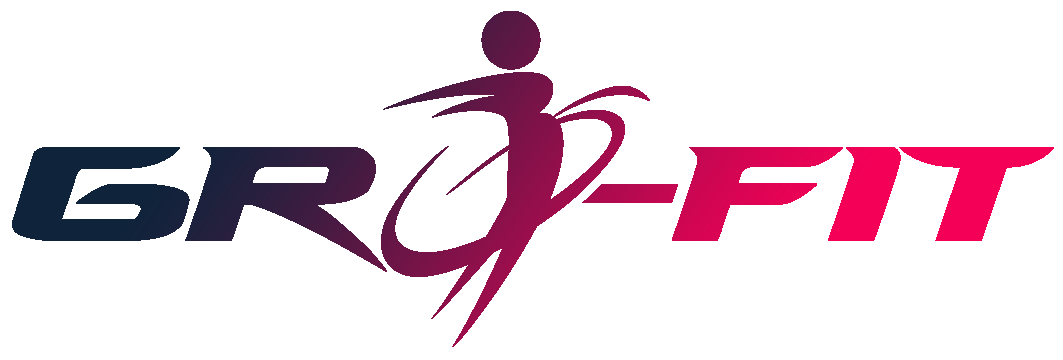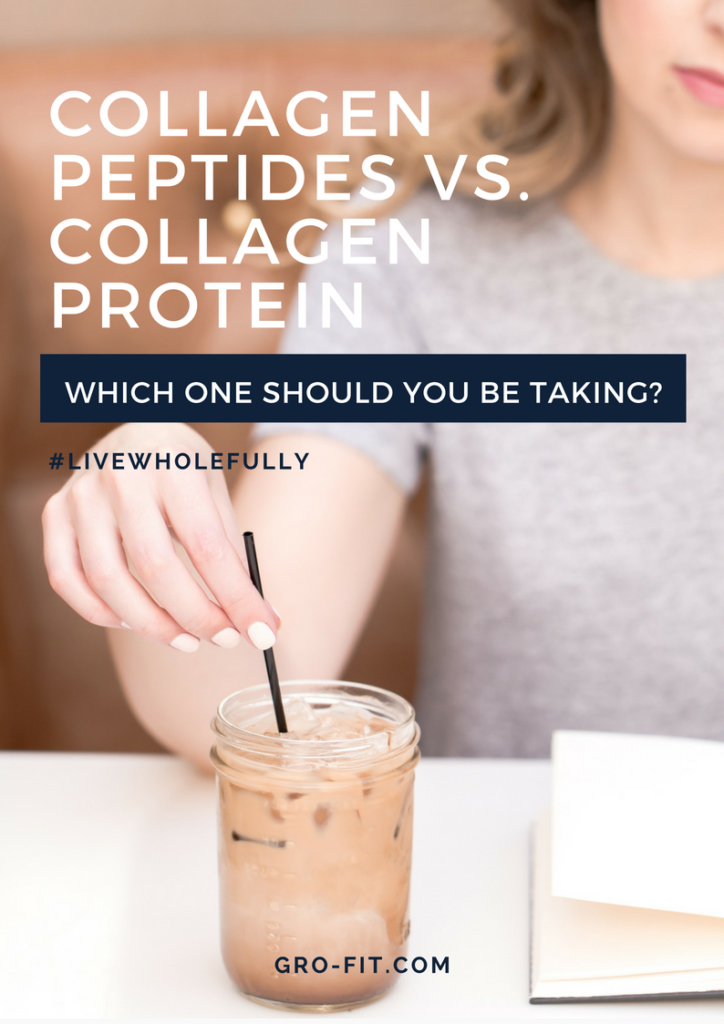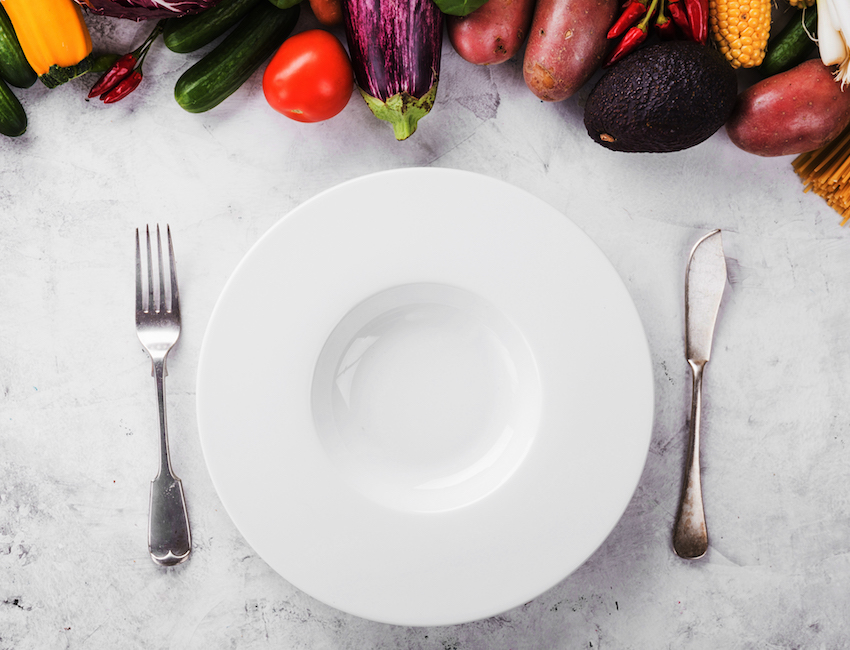If you were to ask people on the street what collagen is you’d probably get one of the following responses:
- A blank stare
- “A 90’s grunge band”
- “Stuff that makes up your hair and fingernails”
The people who answer with number three are few and far between and are actually only half right. It’s true that collagen is found in your hair and fingernails but it’s also found in skin, bone, and connective tissue.
In fact, you have more collagen in your body than any other type of protein. Collagen is also concentrated in one other important structure: the extracellular matrix or ECM. The ECM is the layer that supports the cells in every single tissue of your body. It’s basically the “glue” that holds you together.
Why We Need Collagen
Chances are if you don’t know what collagen is, you aren’t getting enough of it. And you’re not alone, most people get very little, if any at all. And just like with any other vital nutrient in your body, getting an insufficient amount can cause problems. Lack of collagen can cause a multitude of problems, from skin wrinkles to osteoporosis.
Collagen deficiency is very easy to come by since in food, it is found mostly in tougher cuts of meat that contain a lot of connective tissue, bones, and other inedible pieces like tendons and cartilage. Since we don’t typically get enough collagen in our diet it’s important to add a supplement.
Peptides vs Proteins: What’s The Difference?
While collagen peptides and proteins have many of the same health benefits there are some key differences. At an atomic level, proteins are longer chains of amino acids, while peptides are just those same amino acids broken into smaller pieces.
Peptides, also known as hydrolysate, are easily digested and easily dissolved in almost any cold liquids. A benefit of peptides is that they are completely flavorless and said to be 100% pure. Proteins on the other hand, also known as gelatin, do not dissolve easily in water or juices. They are better served in soups, stews, or in a healthy snack or dessert where warmer temperatures help dissolve the proteins into food or liquid.
In terms of adding collagen to your diet, gelatin is best if you want to increase your intake of amino acids in your daily life as it’s an excellent source of collagen building blocks, but hydrolyzed collagen is a far better choice if your goal is to boost your collagen levels faster and more easily.
Why You Should Add Collagen To Your Diet
Adding collagen to your diet, whether it be a peptide or a protein, offers some great health benefits, many of which are just now being found and studied. Collagen supplements have been around since the early 1920’s when they were mainly promoted for improving hair, skin, and nails for women, but now, collagen supplements are known to actually aid in the overall health of the entire body. Some benefits include:
- Supports skin, nail, hair, and joint health
- Supports muscle growth and regeneration, and tissue repair
- Helps prevent premature hair loss
- Strengthens bones
- Promotes eye, gut, brain, and heart health
What To Look For When Purchasing
As with any supplement, there are usually a lot of different ones to choose from. Luckily, the high quality ones are easy to spot once you know what to look for. Here are some tips to finding them…
Go for bovine collagen. Others (like porcine and avian) are less researched as a supplement.
If possible, choose collagen from grass-fed cows. Research finds that grass-fed cows produce higher quality collagen as a result of their diet.
Make sure it provides at least 10 grams of collagen per serving.
Avoid unnecessary filler ingredients. Collagen peptides don’t need any other ingredients to be processed. Your supplement should have just one ingredient on the label. Look for:
Pass on hidden sugars. Check the nutrients profile to make sure the carbs are 1% or less. If you are looking for a sweetened variety look for one sweetened with Stevia.
For flavored collagen make sure it’s flavored with real foods like spices, powdered roots, and organic extracts.




